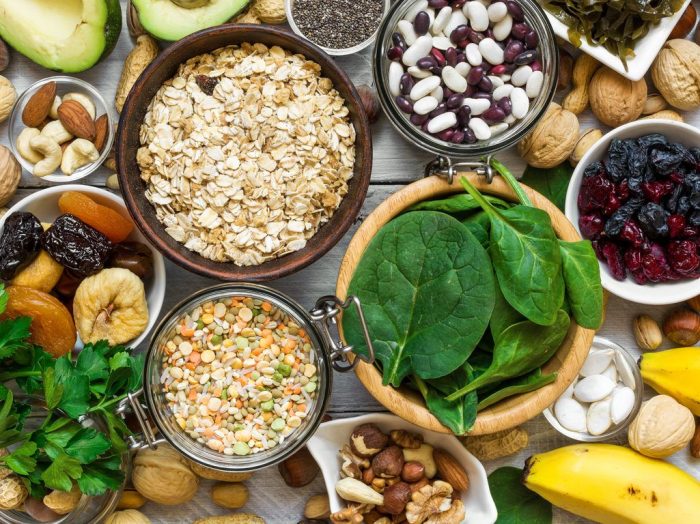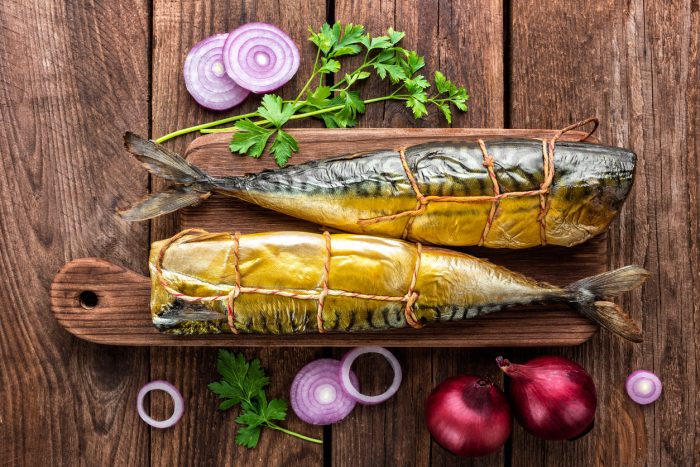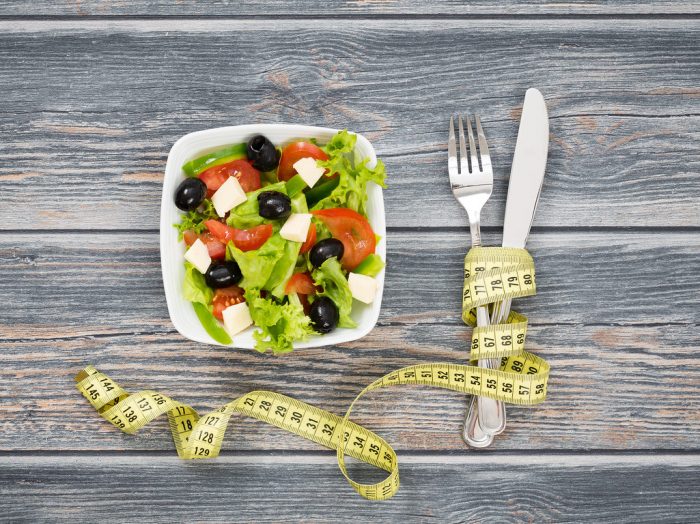Fortunately, Mother Nature is generous even in the cold season, and provides us with an arsenal of winter fruits and vegetables rich in nutrients and benefits that you don’t want to miss.
Here’s a top of some super essential foods during this time of the year, along with a series of great recipes in which you can easily integrate them. We can’t wait to find out what your favorites are!
Without further ado, here’s why it’s recommended to enjoy these foods as often as possible this winter:
1. Pomegranates
Here is a sweet winter fruit that you can eat it simply for breakfast or you can integrate it very easily in all kinds of tempting dishes. Per serving, pomegranates have 2 times more antioxidants compared to blueberries, cranberries, oranges, red wine or green tea, and we all know how well the antioxidants do (they stimulate the immune system, fight oxidative stress, lower the risk of inflammation and cardiovascular disease).
A single pomegranate contains 230 calories, 11 g of fiber, 20% of the daily recommended dose of potassium and 50% of the daily requirement of vitamin C. Potassium maintains blood pressure in balance and may prevent plaque formation in the arteries.
Recipe ideas with pomegranate
2. Sweet potatoes
Not only are they sweet and versatile, but they also bring a lot of essential nutrients to the table, especially in the cold season. Even if they have a higher sugar content than ordinary potatoes, you cannot ignore the high intake of vitamins and minerals that this great winter food has to offer.
Sweet potatoes are a rich source of fiber, vitamin A and potassium, and regular consumption can improve digestive problems such as constipation, strengthen the immune system and reduce inflammation in the body. If you want to stay away from colds this winter, vitamin C from sweet potatoes is a reliable ally. Other important nutrients you can get by consuming sweet potatoes are: vitamin B6, magnesium, vitamin D, iron.
Sweet potato recipe ideas
3. Radishes
Winter radishes contain a number of nutrients that you should not overlook in the cold season. Black radish is considered one of the best winter vegetables, due to its high fiber content, which improves the activity of the gastrointestinal tract and helps detoxify the liver. At the same time, black radish abounds in vitamin B, vitamin C, potassium, calcium, phosphorus, copper and sulfur, with the role of preventing or ameliorating several conditions.
Recipe ideas with radishes
4. Dates
You don’t eat dates in winter? You don’t know what you’re missing! First of all, they are a source of food that warms your body from the inside, if you consume them regularly. In addition, dates have a low fat content, so your body aspect will not suffer. And if you want to strengthen your immune system in the cold season, dates will become a sweet and reliable ally.
Recipe ideas based on dates
5. Nuts and almonds
That’s right, you should eat nuts and almonds in any season of the year, preferably even daily, because they are a source of healthy fats essential for the proper functioning of the body. Enjoyed individually or in cakes, nuts and almonds are high in fiber, vitamin E, Omega-3 fatty acids, magnesium, vitamin B, nutrients that, along with a balanced diet, help you cope with insomnia, stress and maintain a balanced cholesterol level.
Bonus: Walnuts and almonds are that tasty snack between meals that you can enjoy without any repercussions on your weight.
Recipe ideas with nuts and almonds
6. Citrus fruits
Although they are found in supermarkets throughout the year, in winter, the citrus fruits are sweeter and more juicy, which is why you must fully enjoy their nutritional properties. Grapefruit, oranges, lime, clementines, tangerines, lemons – add them as often as possible into your daily diet, as they are a delicious source of vitamin C, vitamin B, phosphorus, magnesium, calcium, dietary fiber, copper and potassium, with numerous health benefits.
For example, if you have kidney stones that are small in size, a glass of orange juice a day can reduce the risk that they will grow. Kidney stones are formed because of the lack of citrate, a citric acid that is found in oranges.
All oranges, but also grapefruit, have flavonoids, antioxidants that provide protection against heart disease. The soluble fiber in the citrus will keep you hungry for longer, so it will not present any risk to your weight. We all know that in winter, however, we have a higher appetite.
Recipe ideas with citrus fruits
7. Squashes / Pumpkins
Winter squashes have a higher nutritional density than those that appear in summer and contain more beta-carotene and vitamin B than the latter. In winter you can enjoy fresh pumpkin by preserving it with 2 important methods: freezing or preserving in the jar. In fresh state, you can use the pumpkin in soups, stews or you can even make pasta out of them.
Recipe ideas with pumpkin
8. Broccoli
Because in winter we tend to eat heavier, we need vegetables with detoxifying and cleansing of the digestive tract role, and broccoli is a reliable ally in this regard. The soluble fiber in this vegetable reduces “bad” cholesterol (LDL) in the body and, at the same time, eliminates toxins from the digestive tract, ensuring a healthy detoxification of the body.
Due to its high calcium and vitamin K content, broccoli is a super good food for bone health. Beta-carotene, vitamin A, phosphorus, vitamin C, vitamins B and E in broccoli protect the eyes from macular degeneration, cataract, or reduce eye fatigue caused by prolonged eye staring on the screen of the laptop or mobile phone.
Recipe ideas with broccoli
9. Cauliflower
Low in calories and rich in nutrients, cauliflower can be enjoyed in soups, baked, served with bread or in stews or puddings. Like broccoli, cauliflower is part of the crucifers family, and its peculiarity is that it has a high choline content, a nutrient that helps synthesize DNA, supports metabolism and plays an important role in producing the neurotransmitters needed to develop a healthy nervous system.
Recipe ideas with cauliflower
10. Ginger
In the cold season, the need for ginger is greater as colds are more frequent. Apart from the antibacterial properties that support the immune system, ginger also has thermogenic properties, meaning that it helps to burn fat and will warm your body from the inside. And if you fall into the trap of a diet high in fat and heavy eating this winter, rely on ginger to ease your digestion and calm the walls of the gastrointestinal tract.
Recipe ideas with ginger
The body needs as many nutrients in winter to maintain optimum body temperature. The 10 super foods above will make its job a lot easier. Will you try them?





